From The Reader Magazine: What to Read Next
In issue 73 of The Reader magazine, Angela Macmillan, editor of The Reader’s A Little, Aloud
anthologies, recommends seven books and a short story about the living world, both human and not.
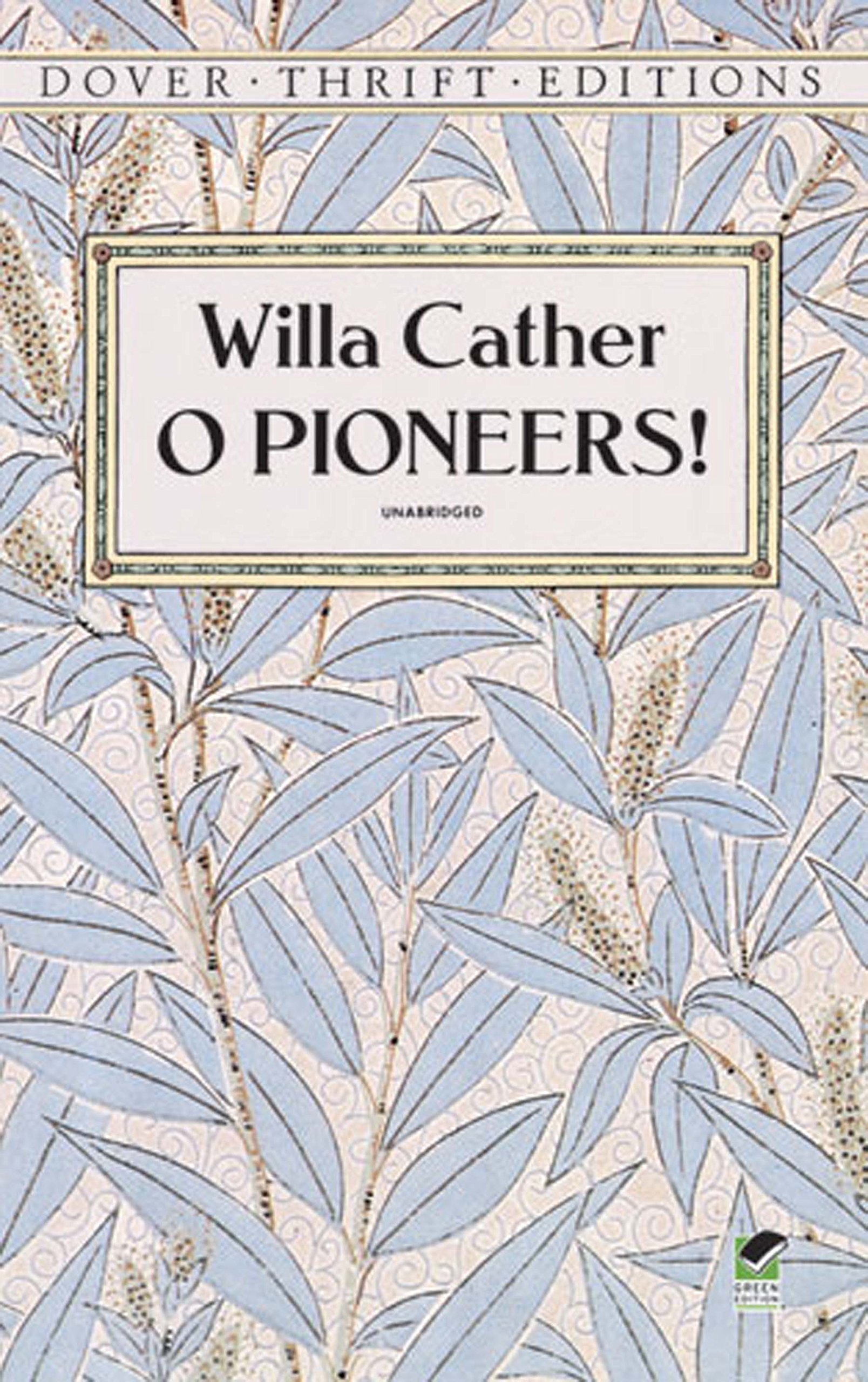
O Pioneers! by Willa Cather
Against the historical background of American pioneers struggling to tame the new land, Willa Cather tells the story of Alexandra Bergson whose life on a Nebraskan farm is willingly dedicated to the harsh prairie and to preparing the way for future generations. She is a true heroine; an elemental figure, independent and resourceful, at one with the land she lives in. The frontier is not a place entirely governed by the strongest and fittest; Cather shows it to be a place where the finest human qualities rather than greatest physical strength make the difference.
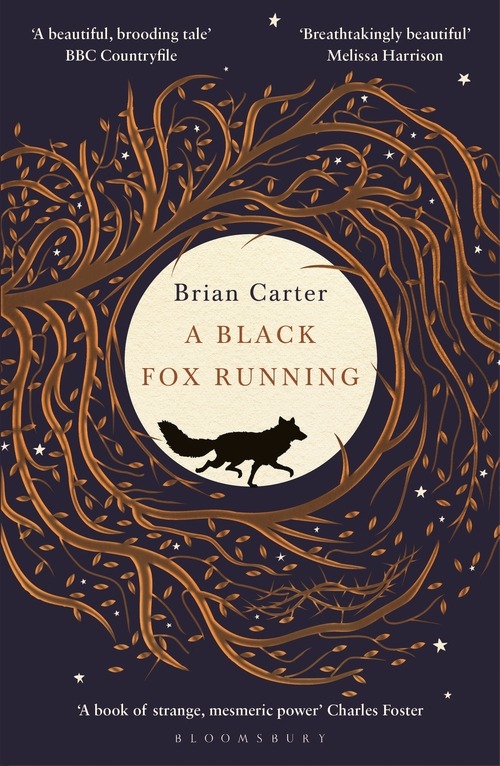
A Black Fox Running by Brian Carter
The foreword to this classic of British nature writing warns ‘[this] is not a children’s book’. The animals talk to each other, as they do in Watership Down, but Brian Carter does not otherwise anthropomorphise the foxes. His writing is extraordinary, sometimes soaring, sometimes right down to earth: visceral and unsparing. The novel is as much about the humans as the animals with whom they share the wild Devon countryside in uneasy co-habitation. Essentially it’s the story of the black fox, Wulfgar, and of the sad but vicious trapper who pursues him, but it is so much more: unique, intense, poetic, religious, philosophical, thrilling. Impossible to describe. Just read it.
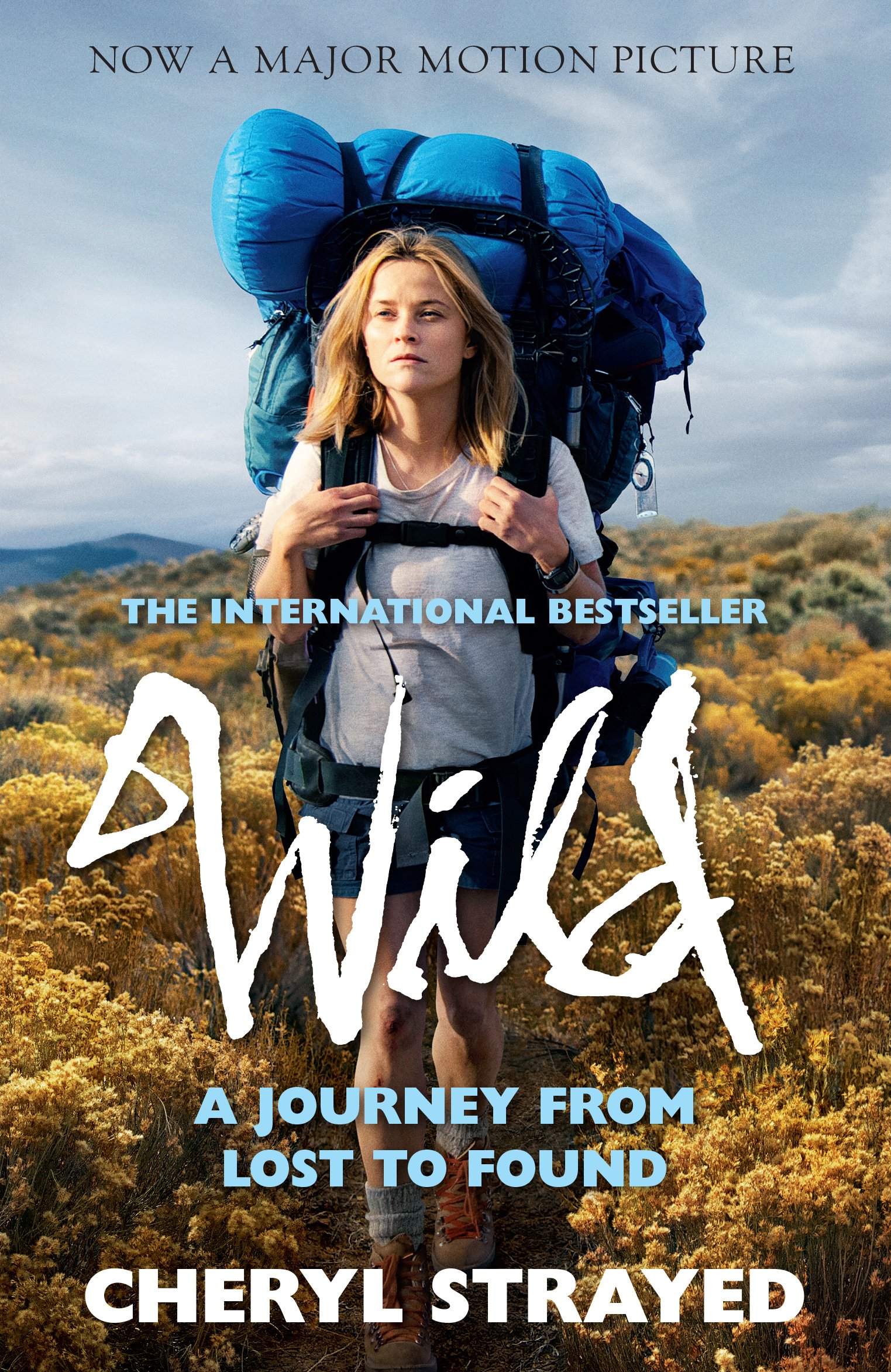
Wild: A Journey From Lost to Found by Cheryl Strayed
Following the death of her mother, Cheryl Strayed made an impulsive decision to walk away from her dysfunctional lifestyle and walk instead the eleven hundred miles of the Pacific Trail through the deserts and wilderness of three American states. Unfit and hopelessly unprepared, she found on her first day that she could not even lift her overstuffed rucksack. One step at a time, the story of the day-to-day management of her trek: the physical challenges, dangers and occasional encounters with other hikers, is intertwined with the emotional unpacking of her grief for her mother, a failed marriage and a heroin dependency.
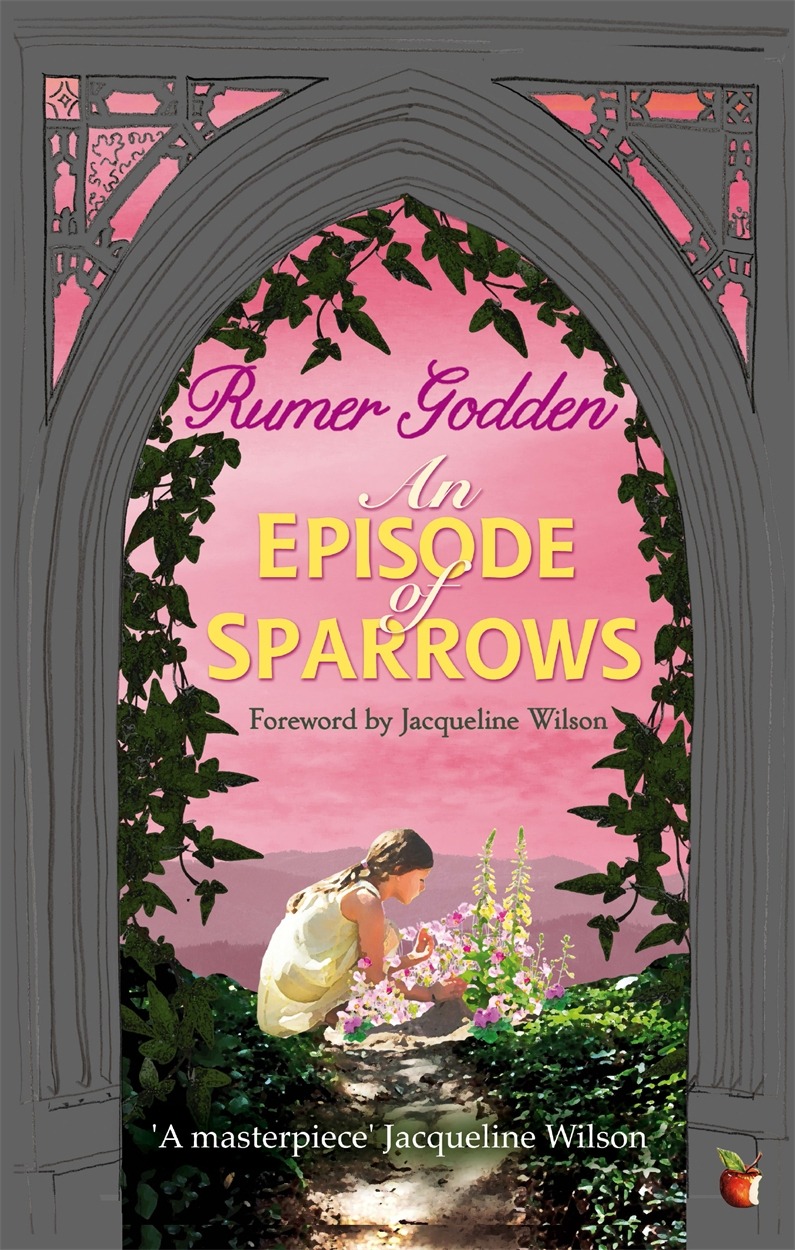
An Episode of Sparrows by Rumer Godden
Ten-year-old Lovejoy Mason, who has neither love nor joy in her life nor indeed anything to call her own, finds a packet of cornflower seeds and determines, with no knowledge of how to go about it, to make a garden with ‘good earth’. Rumer Godden is excellent at writing convincingly about children without sentimentality. The story of Lovejoy’s struggle to make her garden in the grim setting of post-war austerity London is one of hope, friendship and the necessity of kindness. Don’t be put off by the terrible cover of the recent reissue.
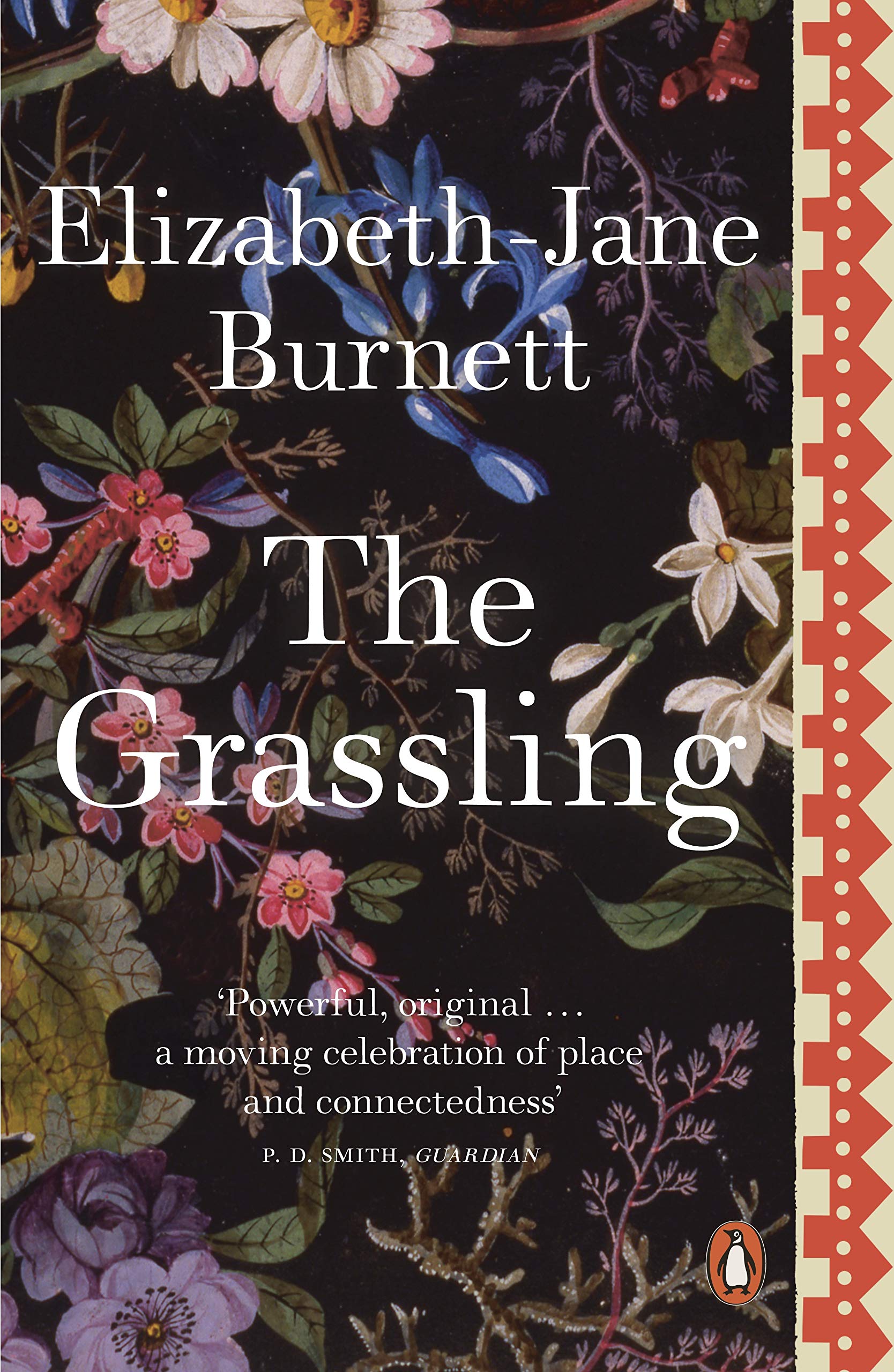
The Grassling by Elizabeth-Jane Burnett
The author is a poet whose mother is Kenyan and whose father, like his forefathers, comes from a small village in Devon.His final illness encourages Elizabeth-Jane to seek out the book he wrote on the history of his land, in order to write of her own growing sense of rootedness and connectedness in what will be a book about soil, ancestry, mourning and metamorphosis. Experimental in form and poetic prose, this is moving, exhilarating and utterly unlike any other nature writing.
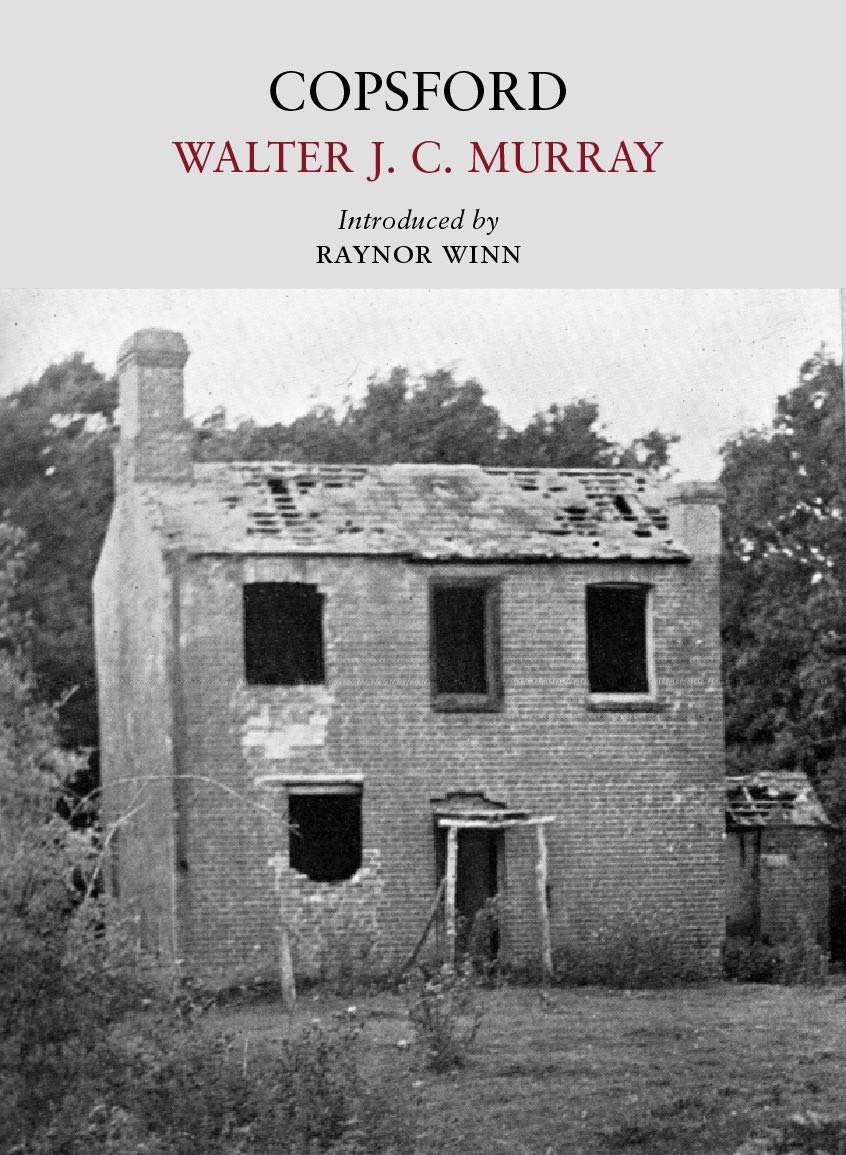
Copsford by Walter J.C. Murray
First published in 1948, this short, classic memoir records the year the author left the confines of the city in order to get back to the simple life. All he can afford is Copsford, a filthy, derelict cottage in the middle of nowhere, without windows, electricity or running water and infested with rats and fleas. It almost defeats him but, armed with brushes, poison and a gallant dog, he overcomes and makes the life he seeks. This wonderful book is infused with his deep love of the natural world. It is inspirational and an absolute joy.
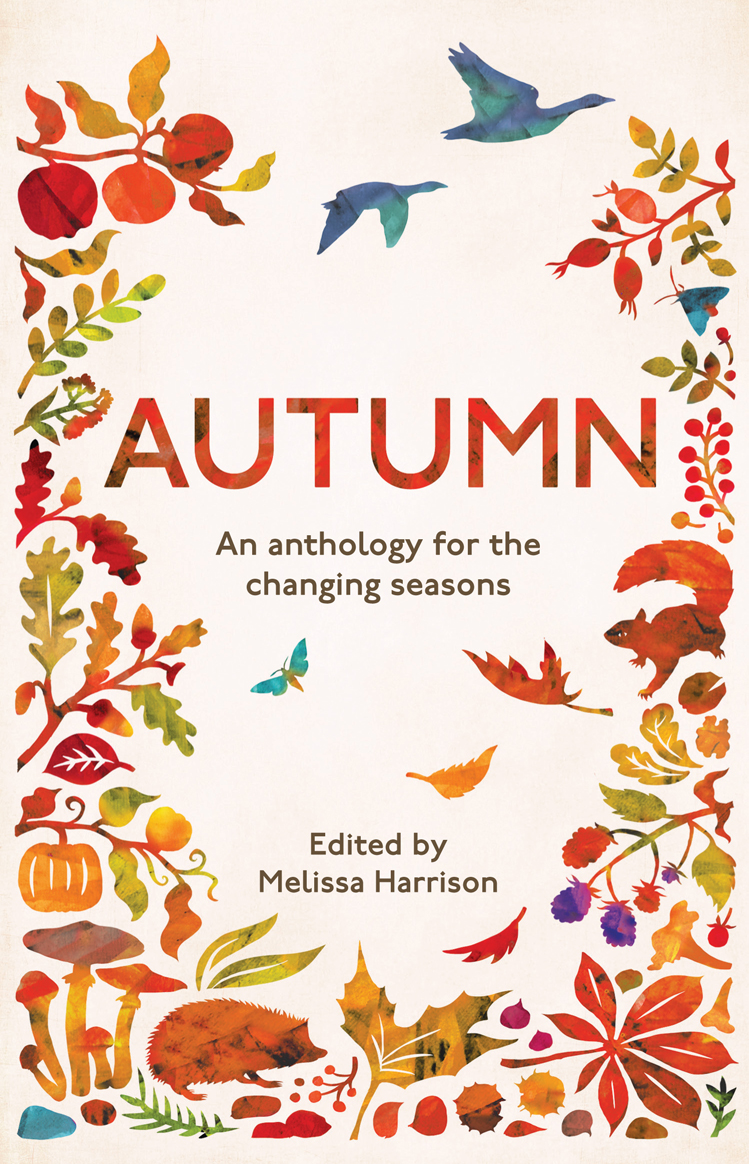
Autumn: An Anthology for the Changing Seasons by Melissa Harrison
The novelist and nature writer Melissa Harrison is also the editor of four splendid seasonal anthologies of poetry and verse featuring contributions from a wide range of poets and writers invested in the natural world. From Thomas Hardy, Rev. Gilbert White, to Ted Hughes, Helen Macdonald and Imtiaz Dharker, each poem stirs up memories and emotions as well as introducing new thoughts and new ways of seeing and understanding this ‘season of mists and mellow fruitfulness’. Keep it handy to dip into when the leaves start to fall.
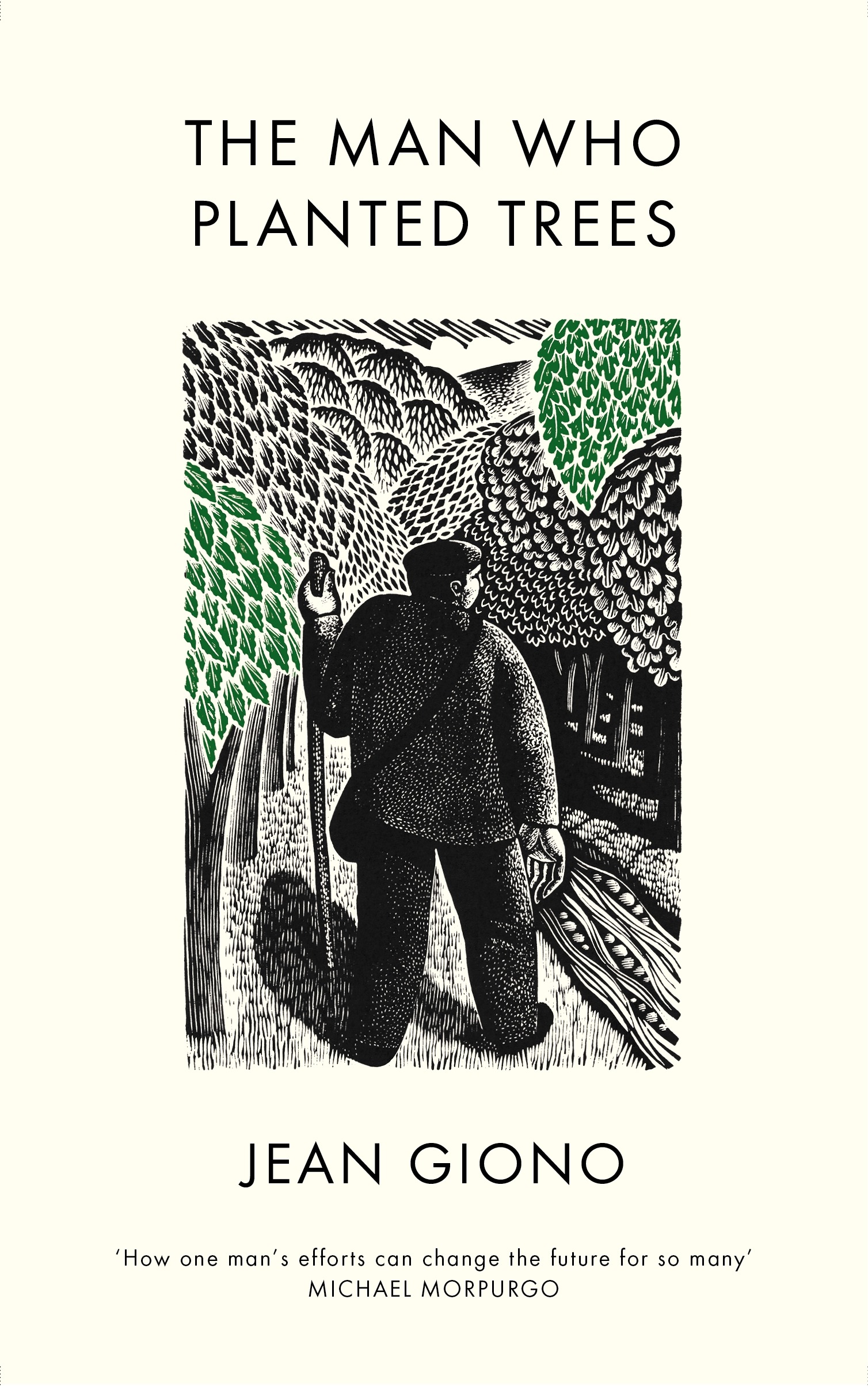
The Man Who Planted Trees by Jean Giono
This is a modern-day fable about a shepherd who plants thousands of acorns in a desolate region of France. When the trees begin to grow, life and vigour return not only to the land but also to the desperate, unhappy people who had previously scratched a living there. A simple, imaginatively powerful story of renewal and regeneration both ecological and moral.
Share
Related Articles
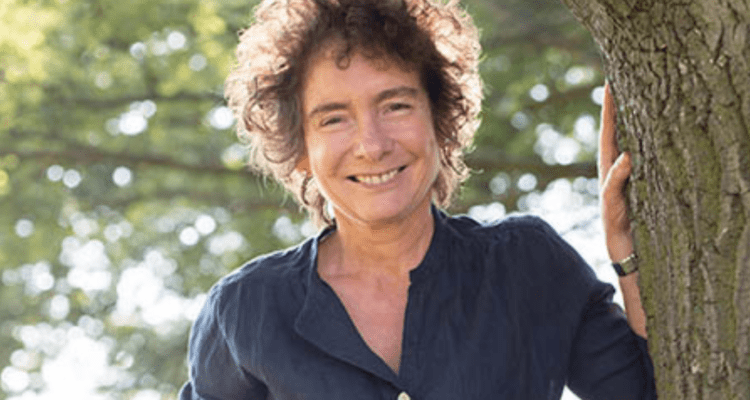
Reader Revisited: Jane Davis in Conversation with Jeanette Winterson
We're taking a trip down memory lane and revisiting articles from The Reader Magazine. This article first appeared in issue 44.…
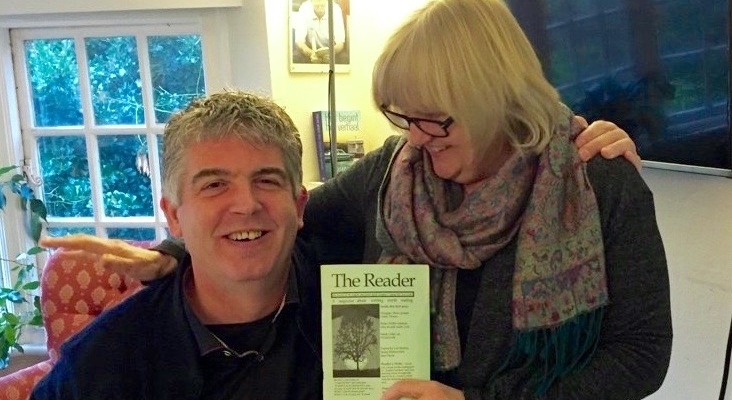
Reader Revisited: An Interview with Het Lezerscollectief (The Readers’ Collective)
We're taking a trip down memory lane and revisiting articles from The Reader Magazine. This article first appeared in issue 73.…
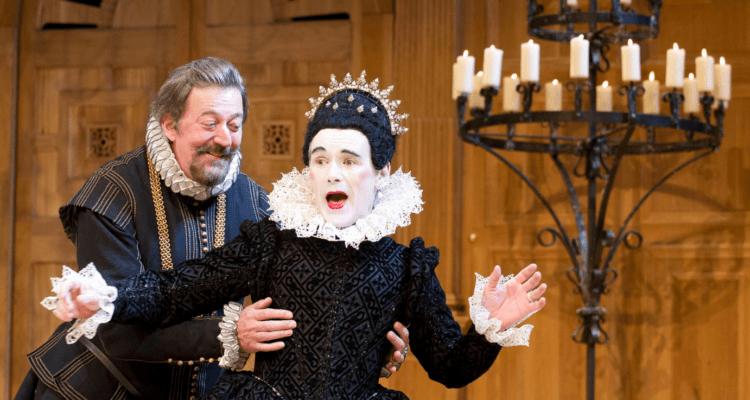
Reader Revisited: An Interview with Mark Rylance, actor and writer of ‘I Am Shakespeare’
We're taking a trip down memory lane and revisiting articles from The Reader Magazine. This article first appeared in issue 29.…


